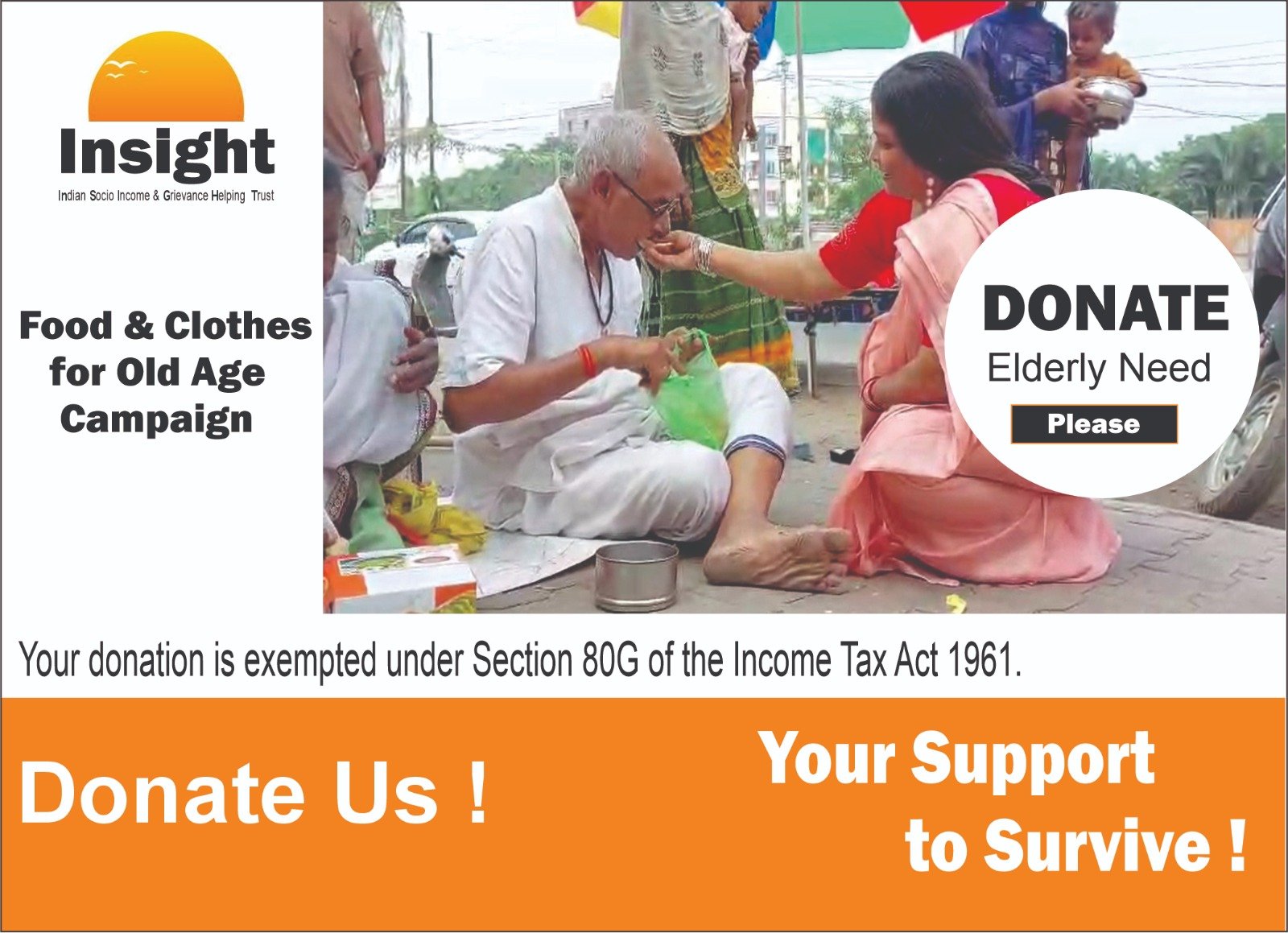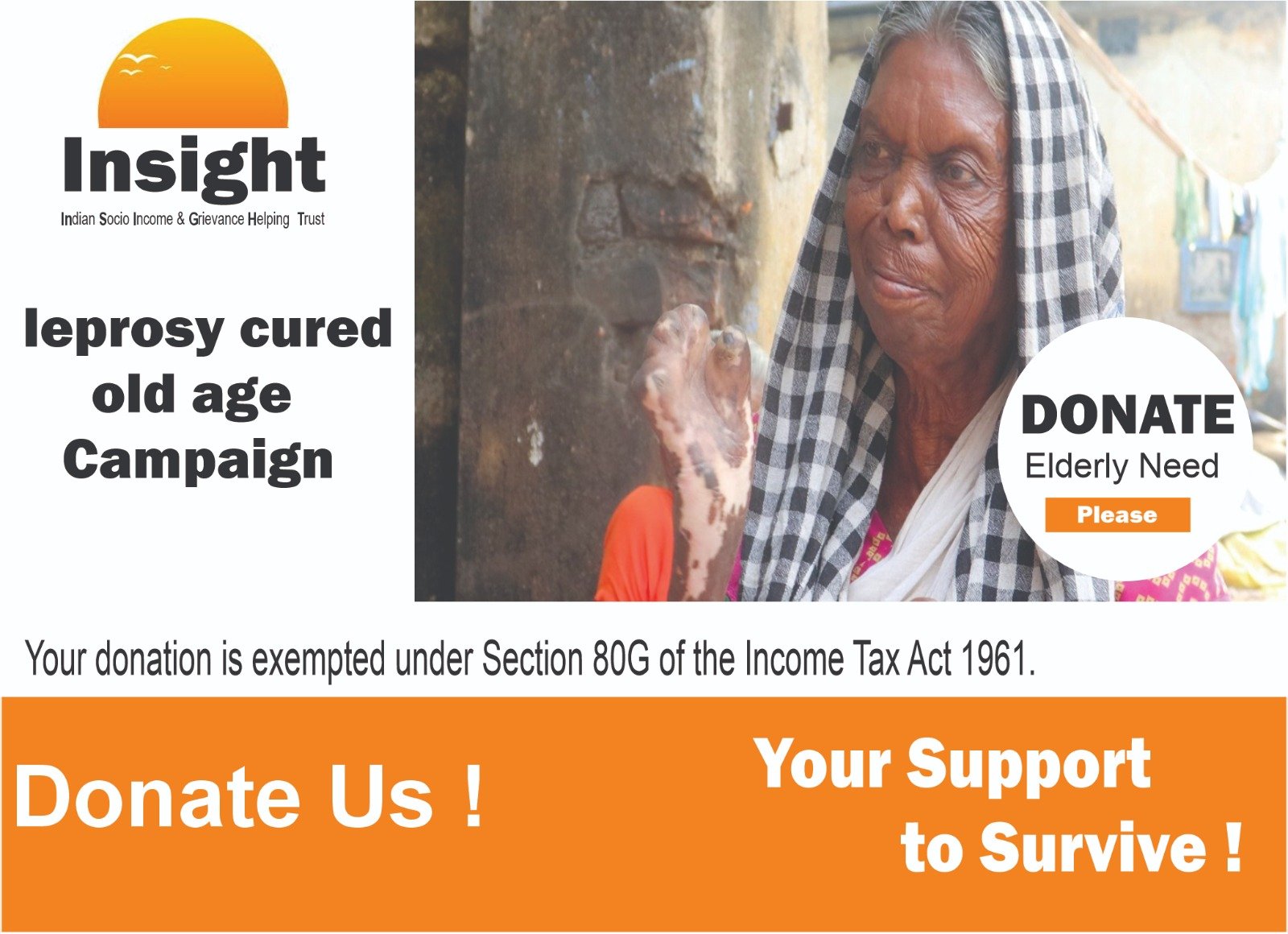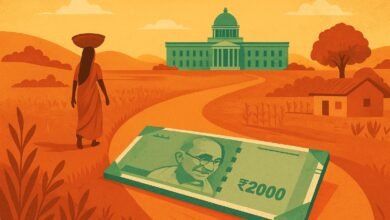Those who created caste divisions must lead the fight for a caste-free India
By Doruvu Paul Jagan Babu: Assistant Chief Editor

The caste system, deeply entrenched in Indian society, has caused centuries of discrimination, suffering, and social injustice. The historical divisions, primarily rooted in hierarchical structures created by a particular sect, have now spiraled beyond control. Dr. Mruthyunjaya L K who is a Public Intellectual and Christian Scholar, has provided some insights to break the shackles of caste, emphasizing that those responsible for establishing caste divisions must take the lead in dismantling them. A caste-free India is not just an aspiration but a necessity for true equality and social harmony.
The deep wounds of caste discrimination
For centuries, caste-based oppression has led to countless atrocities, from honour killings and untouchability to systemic exclusion from education, employment, and social mobility. The suffering of marginalized communities, particularly Dalits and Bahujans, is not just a relic of the past but a persistent reality. This rigid system, once designed to control social order, has now become a weapon of deep-seated injustice.
The origins of a divisive system
Historical evidence suggests that caste divisions were enforced to maintain social and economic control. Ancient texts and societal structures were crafted in a manner that placed certain groups at the top while condemning others to subjugation. Over time, these divisions hardened into an unquestionable hierarchy, leading to generations of oppression. What began as a system of classification evolved into a brutal mechanism of exclusion.

The consequences of caste-based violence
Today, caste discrimination manifests in various forms—honour killings, workplace discrimination, denial of fundamental rights, and even institutionalized biases in governance and law enforcement. Shudras, Dalits, and other marginalized communities have borne the brunt of this injustice. The persistence of caste in the modern era is a clear indication that social reform cannot be delayed any further.
A responsibility to undo the past
While caste-based oppression has affected millions, it is also true that those who historically imposed these divisions must take responsibility for dismantling them. The path to a casteless society begins with the recognition of historical injustices and a commitment to correcting them. Social and political initiatives must be taken to eliminate caste-based identities and ensure equal opportunities for all.
Towards a casteless India
Creating a caste-free India requires a collective effort. The privileged sections of society must lead by example—renouncing caste identities and actively working toward the abolition of caste-based discrimination. Political and legal reforms, along with grassroots activism, can pave the way for an inclusive society where caste is no longer a marker of privilege or oppression.
The need for social unity
Caste oppression has inflicted deep wounds on Indian society, but healing is possible only through collective will and action. Those who once controlled and propagated caste divisions must now lead the fight against it. A truly progressive India can emerge only when caste ceases to be a defining factor in social, economic, and political life. It is time for every community to come together and work towards a just and egalitarian future.









